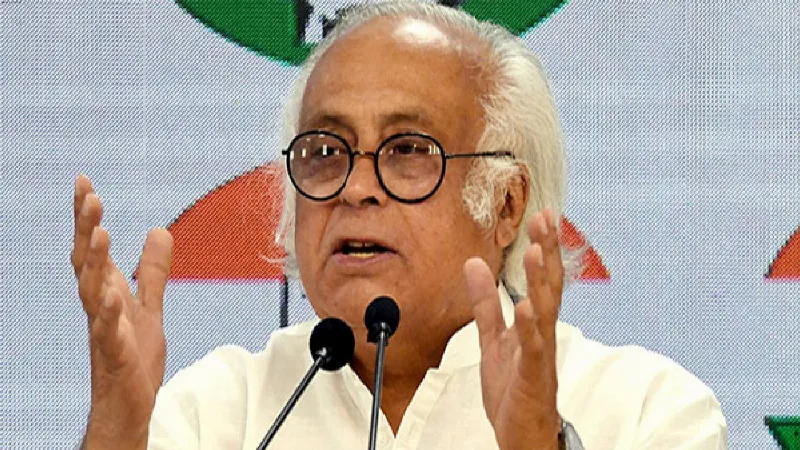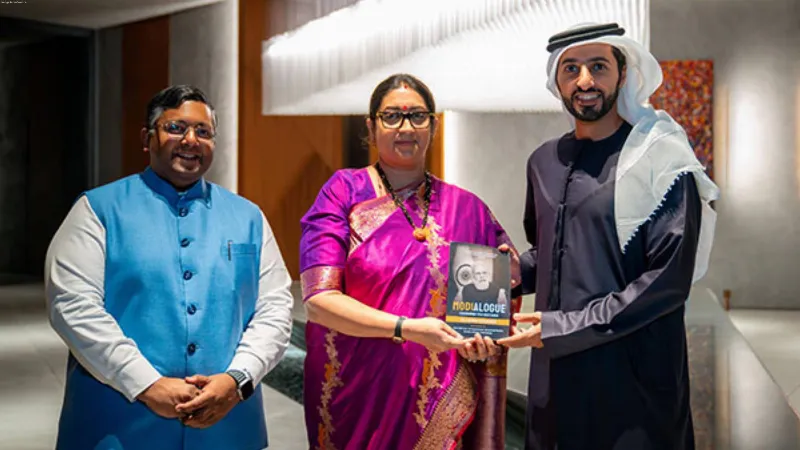Putting an end to Smartphone Addiction: 8 Habits for Raising a Mindful Younger Generation
.jpg)
New Delhi: Smartphones have grown into an integral part of daily life in the current digital era, particularly for young people. These gadgets have serious concerns, such as smartphone addiction, even though they have many advantages, such as fast communication and easy access to a multitude of information. To guarantee the general growth and well-being of the younger generation, it is our collective responsibility as parents, teachers and community members in general to address this issue and foster good habits in them.
Addiction to smartphones among young people can have a negative impact on their social connections, mental & physical health as well as on the overall quality of their life. An increase in sedentary behaviour, bad posture, eye strain, and disturbed sleep patterns have all been related to excessive smartphone use, which has been shown to deteriorate physical health. Additionally, extended use of screens can have an adverse effect on mental health as well as academic performance by raising stress levels, causing anxiety, depression and lowering cognitive capacities. Furthermore, relying too much on smartphones for socialising can prevent people from developing significant verbal skills and interpersonal relationships, which can limit social interactions.
The following tips can significantly help the young generation in becoming less reliant on their smartphones and developing better habits:
1. Set Specific Boundaries: Define precise times and locations, such as "phone-free" zones for family time, meals, and before bedtime, when smartphone use is not allowed. Maintaining these limits over time will help you establish a pattern that lessens your child’s dependency on continual digital stimulation.
2. Monitor Screen Time: To keep tabs on the amount of time spent on a smartphone each day, use third-party apps or the built-in smartphone screen monitoring tools. Establish reasonable targets for progressively cutting back on screen time, then make an effort to adhere to them.
3. Engage in Mindfulness Practice: Apply mindfulness practices to your everyday life to increase your awareness of your smartphone usage patterns and how they affect your as well as your child’s mental health. Take periodic breaks from the devices and do things like deep breathing exercises or meditation that can help one become more present and relaxed.
4. Limit alerts: To reduce interruptions and distractions during the day, turn off non-essential alerts. To recover ownership of attention as well as focus, give priority to notifications from contacts or apps that are critical and silence/mute those from less significant sources; this will also help your children get distracted by multiple notifications that increase their craving for a digital presence.
5. Set Apart Tech-Free Time: Plan times during the week or day when using devices is completely prohibited. This will allow for unhindered leisure activities, socialising, or rest. Take advantage of this opportunity to spend time with loved ones, pursue hobbies, or get back in touch with nature without the screen distractions.
6. Find Substitute Activities: Seek substitutes for excessive mobile phone use, like reading a book, working out, engaging in artistic endeavours, or interacting with others in person. Try out a variety of hobbies to discover ones that satisfy you and make you happy without using technology.
7. Establish Clear Objectives: Whether using smartphones for pleasure, productivity, or communication, establish explicit objectives and priorities. Make sure your smartphone usage is in line with these aims. Avoid wasting time on pointless browsing or using too many apps, which might hinder your progress.
8. Seek Medical Attention If Needed: You should think about getting assistance from a therapist or a counsellor who specialises in digital addiction if the smartphone addiction has a major negative influence on the child/youngster’s relationships, mental health, or everyday functioning. These professionals can offer tailored approaches and assistance to tackle fundamental problems and cultivate more practical coping techniques for you or your loved ones.
We can develop healthy habits and guarantee the complete growth of the next generation in a world that is increasingly digital by encouraging appropriate smartphone use, boosting digital literacy, and placing a higher priority on wellbeing than excessive screen time. Applying these tips over time will turn into habits that the young generation will carry for life. After all, a mindful generation raises a mindful society.




















